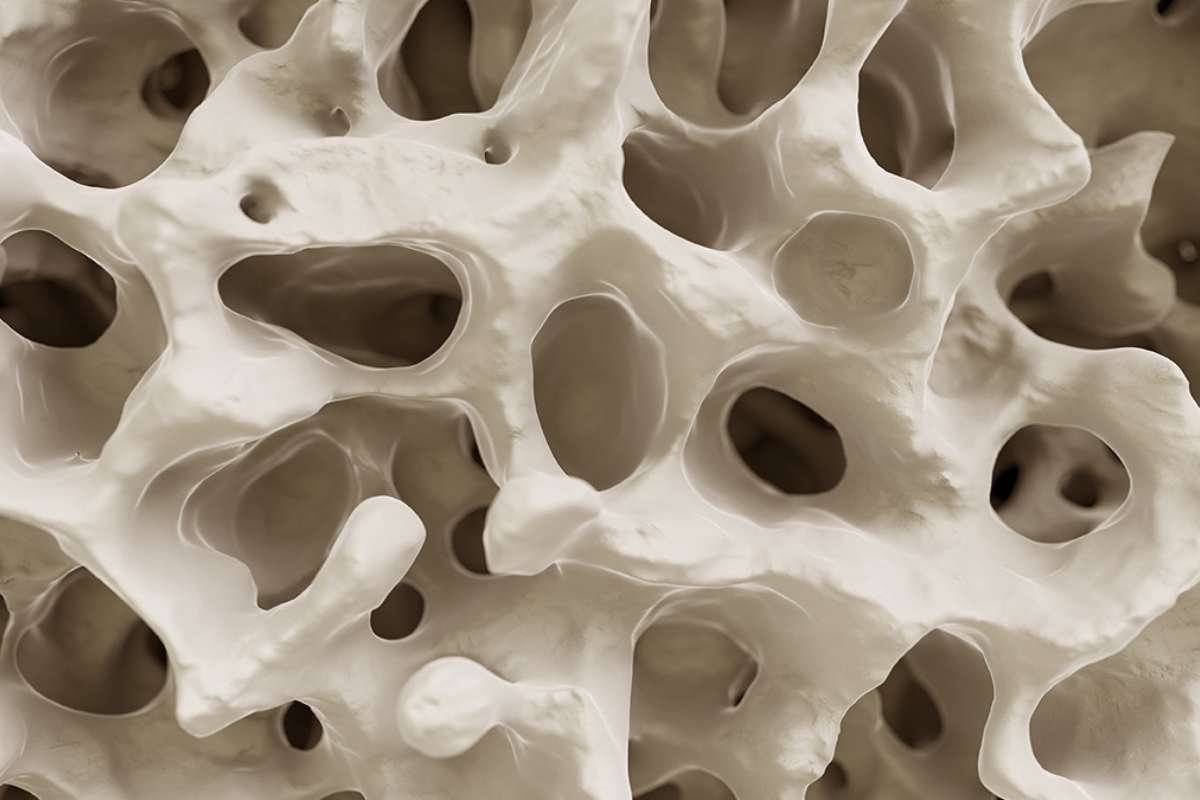A recent study published in the open-access journal BMJ Medicine suggests that high caffeine levels may reduce the amount of body fat a person carries and their risk of type 2 diabetes. The findings open up the possibility of exploring the role of calorie-free caffeinated drinks in lowering the risks of obesity and type 2 diabetes.
While previous research has shown that drinking 3-5 daily cups of coffee is associated with a lower risk of type 2 diabetes and cardiovascular disease, most of these studies have relied on observational data, which can’t reliably establish causal effects. Furthermore, it is difficult to isolate the specific effects of High Caffeine from the other compounds included in caffeinated drinks and foods.
The Technique of Mendelian Randomization
To overcome these issues, the researchers used Mendelian randomization to investigate the effects of higher blood caffeine levels on body fat and the long-term risks of type 2 diabetes and major cardiovascular diseases. Mendelian randomization is a technique that uses genetic variants as proxies for a particular risk factor to obtain genetic evidence in support of a particular outcome.
The researchers looked at the role of two common genetic variants of the CYP1A2 and AHR genes in nearly 10,000 people of predominantly European ancestry, who were taking part in six long-term studies. The CYP1A2 and AHR genes are associated with the speed of High Caffeine metabolism in the body.
Nutrition | How Caffeine Affects Diabetes And Heart Disease
The Findings
The results of the analysis showed that higher genetically predicted blood caffeine levels were associated with lower weight (BMI) and body fat, as well as a lower risk of type 2 diabetes. The researchers also found that weight loss drove nearly half (43%) of the effect of High Caffeine on type 2 diabetes risk.
While the researchers acknowledge various limitations to their findings, including the use of only two genetic variants and the inclusion of only people of European ancestry, High Caffeine is known to boost metabolism, increase fat burning, and reduce appetite. A daily intake of 100 mg has been estimated to increase energy expenditure by around 100 calories a day, which could consequently lower the risk of developing obesity.
“Our mendelian randomization finding suggests that High Caffeine might, at least in part, explain the inverse association between coffee consumption and risk of type 2 diabetes,” write the researchers. “Randomised controlled trials are warranted to assess whether non-caloric caffeine-containing beverages might play a role in reducing the risk of obesity and type 2 diabetes,” they conclude.
Summing Up
Overall, the findings suggest that High Caffeine may play a role in reducing the risk of type 2 diabetes and obesity. While the study has limitations, the use of Mendelian randomization provides a more reliable way to establish causal effects than observational studies. Further research is needed to explore the potential benefits of High Caffeine in reducing the risk of type 2 diabetes and obesity.







